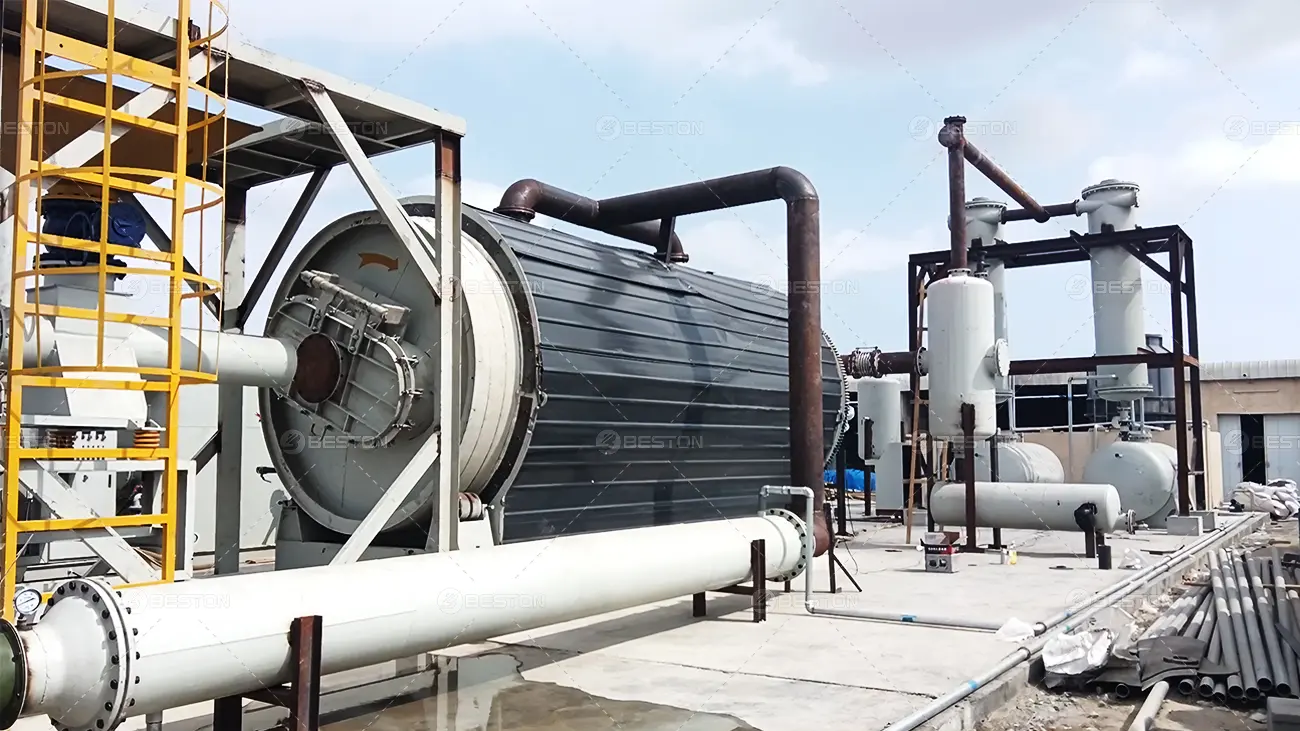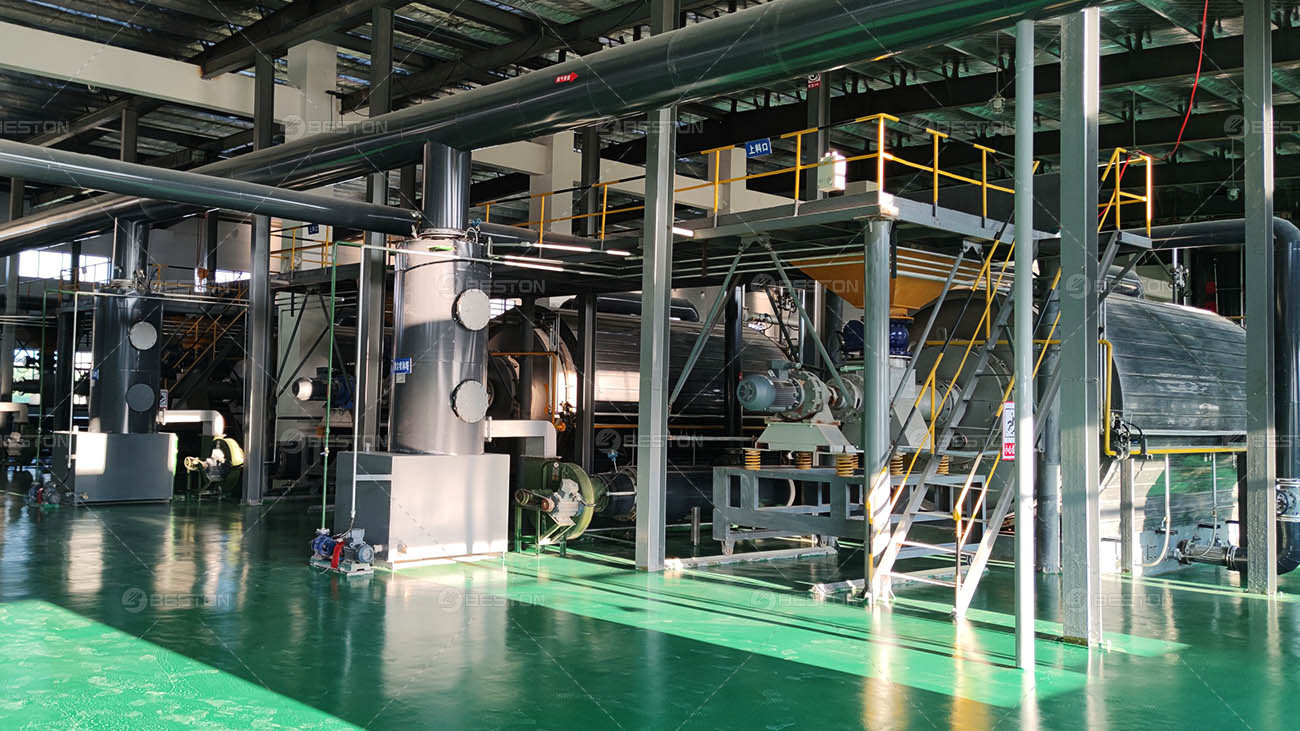Environmental Benefits of Oil Sludge Thermal Desorption Treatment
Oil sludge, a byproduct of industrial operations, presents significant environmental challenges due to its toxic and often hazardous composition. Disposal methods such as incineration or landfill are frequently used, but these solutions pose risks of air pollution and long-term soil contamination. One of the most promising technologies for addressing oil sludge waste is thermal desorption treatment. This method, utilizing a thermal desorption unit, offers several environmental advantages by transforming hazardous sludge into reusable resources while minimizing environmental impact.

1. Reduction of Hazardous Waste
One of the primary environmental benefits of using a thermal desorption system for oil sludge treatment is the reduction in hazardous waste. Oil sludge typically contains a complex mixture of water, oils, and solid particles, many of which are toxic or carcinogenic. When exposed to high temperatures in a controlled environment, the thermal desorption process vaporizes the volatile components, leaving behind solid residuals with significantly lower toxicity.
This transformation mitigates the environmental hazards associated with traditional disposal methods. Unlike incineration, which can release harmful emissions into the atmosphere, thermal desorption captures and condenses the volatile substances, allowing for proper disposal or further treatment. This makes the process safer for both the environment and human health.
2. Minimized Air Pollution
Thermal desorption is distinct from incineration in its ability to minimize air pollution. Traditional incineration methods often emit harmful gases such as carbon dioxide, carbon monoxide, sulfur compounds, and dioxins, contributing to global warming and air quality issues. In contrast, an oil sludge treatment plant operates by heating the oil sludge in an oxygen-limited environment, reducing the risk of unwanted combustion and the release of these toxic gases.
The volatile compounds, including hydrocarbons, are extracted through the thermal process and condensed into a liquid form or treated further in a secondary stage. By using this technology, the need for open-air burning is eliminated, and emissions are significantly reduced or captured, making it a cleaner alternative to traditional methods.
3. Resource Recovery and Energy Efficiency
Another key environmental advantage of thermal desorption treatment is its potential for resource recovery. The process does not merely dispose of the oil sludge; it transforms it into valuable byproducts. The extracted oils can be recovered and reused, either as fuel or as raw material for other industrial processes, thus promoting a circular economy model.
Furthermore, the pyrolysis reactor of thermal desorption unit itself can operate in an energy-efficient manner. The heat generated during the desorption process can be captured and reused to maintain the necessary temperatures for treatment. This reduces the need for external energy sources, making the entire system more sustainable and reducing its carbon footprint.
4. Prevention of Soil and Water Contamination
Oil sludge disposal often involves risks to both soil and water resources. Improper disposal in landfills can result in leaching of hazardous chemicals into groundwater systems, while open-air disposal can contaminate soil with oil residues. In areas with poor waste management infrastructure, these contaminants can spread over vast areas, leading to long-term environmental damage.

Thermal desorption treatment helps prevent these issues by removing most of the contaminants from the sludge, leaving behind a non-toxic residual material that can be safely disposed of or reused. Moreover, because the volatile substances are extracted and condensed, the risk of soil and water contamination is significantly reduced. For more information on oil sludge recycling, please visit: https://bestonmachinery.com/
Conclusion
The environmental benefits of oil sludge thermal desorption treatment are clear. By reducing hazardous waste, minimizing air pollution, recovering valuable resources, preventing contamination, lowering carbon emissions, and ensuring regulatory compliance, thermal desorption offers a sustainable, efficient solution for managing oil sludge. As industries continue to seek ways to improve their waste management practices, thermal desorption stands out as an eco-friendly alternative that not only addresses environmental concerns but also supports the transition to a more sustainable future.